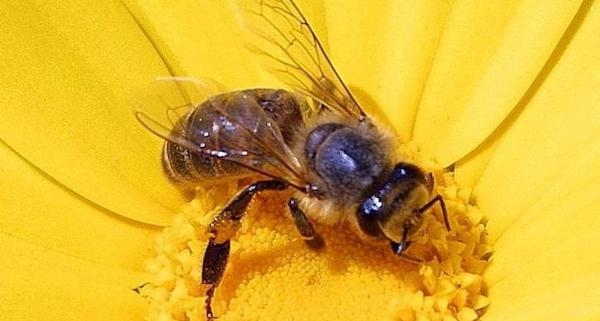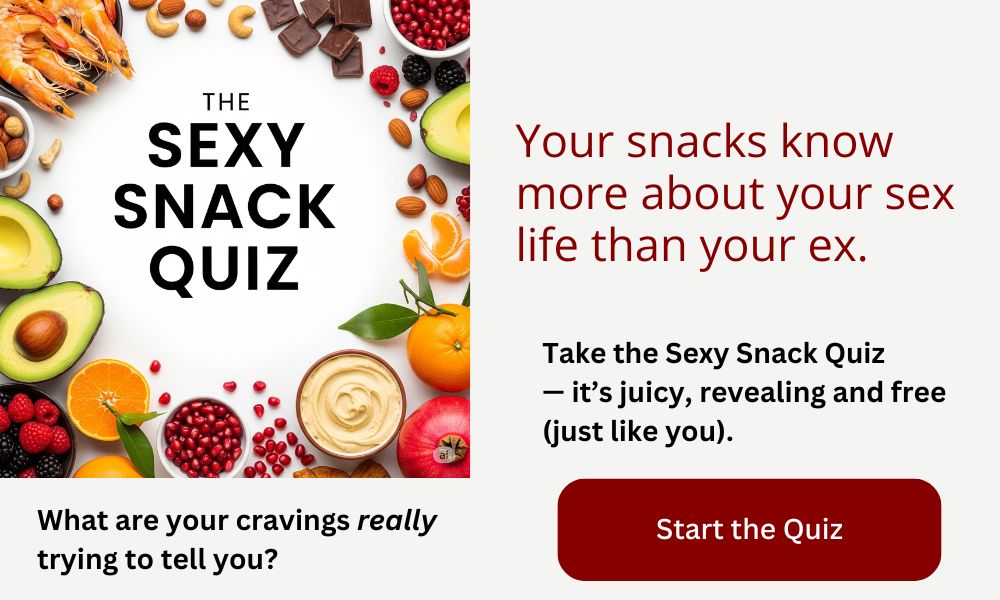The Threat to Honey Bees Puts Your Sex Life at Risk
You might not realize it, but we owe just about everything to the humble honey bee. That’s right, I’m not just talking about providing us with the aphrodisiac of honey. Most crops in the United States are pollinated by bees, adding millions of dollars to our nation’s economy every year and giving us healthy foods to eat–the kind of foods that keep your sexual health in balance.
We should show our respect for honey bees for one out of every three bites of food we eat. Without them, we’d no longer have our favorite fruits, vegetables and nuts.
Tragically, the likelihood of bees becoming extinct is high. Thanks to a phenomenon known as Colony Collapse Disorder, bees are disappearing at an alarming rate. Beekeepers now estimate that one-third of American bee populations have vanished as a result of climate change, habitat loss, and pesticide use. And it’s not happening just in the United States, either; the problem is worldwide.
The link between honey bees and your love life
Basically, if the bees die off, we’ll cease to exist, too. A bee-free planet cannot possibly support millions of humans and other animals. And even if we found alternative sources of food to survive, some of our favorite natural aphrodisiacs would be gone forever. We’ll bid goodbye to avocados, raspberries, and coffee.
In addition, honey–one of the most romantic ingredients around–will be a forgotten memory. That could mean a major disruption to your love life.
The nectar of the bees has long since been considered to be a titillating ingredient. It’s sometimes considered to be a symbol of fertility and a happy marriage, hence the word “honeymoon.”
But unless we take steps to protect our pollinators and show some respect for honey bees, we might lose this and other foods for good. Countless flowers, trees, and other flora will be gone, as well. And of course, the animals that depend on these plants for survival will be at risk, too. A world without bees will spell disaster for all living creatures.
How to help bees
We’ve got to support our area bee populations. That may mean taking a pledge to eliminate harmful insecticide use in your home garden or to shop locally and organically. You might want to plant some native wildflowers and hold off on your weeding for a while.
Need help figuring out what to plant? Pick up a copy of The Bee-Friendly Garden, a DIY gardening book for bee lovers.
The book offers tips for growing plants bees love year-round. This includes how to grow nectar-rich plants to support the local bee population during times of drought. And it gives a how-to on optimizing your soil for the best display of flowers and the most bountiful fruit and vegetable harvests in your bee garden. It will also give you the tools to plan a garden that:
- Blooms year-round
- Is pesticide-free and promotes sustainable ecology
- Improves size and quality of any produce you grow
- Promotes a safe habitat for other local wildlife like butterflies and beneficial insects
- Offers a wide variety of colorful blooms
Order your copy of The Bee-Friendly Garden from Amazon.
You could also support beekeepers in your town by purchasing local honey. (As a bonus, that last option may help clear up your allergies and give you a reason to cozy up to your own honey!) To save the honey bees, you can even petition to make your hometown a Bee City to demonstrate your commitment to sustainability and helping the bees survive.
You may never have given much thought to how the declining bee population might affect you. But unless we step in, our love lives–and our lives in general–will be just as threatened as theirs. If you want to continue getting a buzz from edible aphrodisiacs, you might want to consider making some small changes to ensure the bees are welcome on your property and in your community.








Leave a Reply
Want to join the discussion?Feel free to contribute!